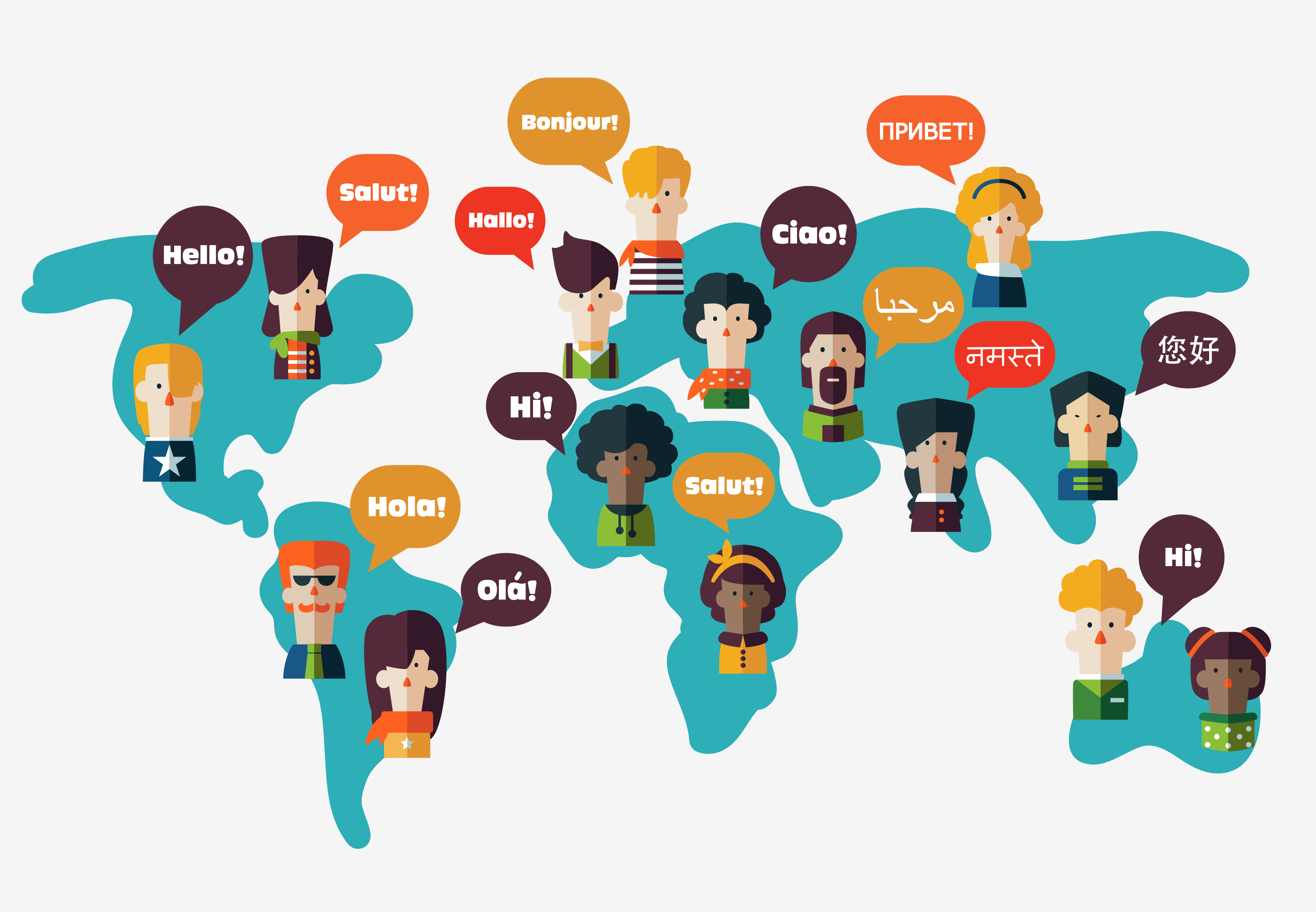
Project management of international leadership programs – my experience at MDI
The main task of a project manager at MDI is the organization of different international leadership programs. We talked to Katharina Sonnleitner, who has been a project manager at MDI since 2015, and wanted to know how her daily working routine looks like and what challenges arise in the organization of international seminars.
How would a day as a project manager look like at MDI?
Monday 08:00 am. – I arrive at the office and minutes later I get a call: the package cannot be found at the hotel where the seminar takes place and I should take care of it: the training starts in one hour. I call the forwarder, who tells me that the package was already picked up last Wednesday and according the tracking number it should have been delivered a few days ago. The lady on the phone will have a look at it and will get back to me. To make sure that the package will arrive on time, I have to call the hotel again to make sure the person who is responsible for that will bring the package to our trainer. The person responsible is not at work today – they will look at it again and will get back to me – that sounds familiar to me. In the meantime, another call and text message from the trainer … “Do we know more about the package?” Then a call from the forwarder, the package was received on Thursday, so it must be at the hotel already. I call the hotel for the 3rd time and they tell me that it was delivered to the wrong room but will bring it to our trainer immediately. Well, now everything is sorted out and the training can start. The first thing I am going to do now is getting a coffee – everyone who thinks that the day of a project manager is predictable, is wrong.
What are the main tasks of a project manager when it comes to the organization of a seminar?
The requirements for a project manager are very versatile, ranging from organizational talent and flexibility, to results orientation, openness and emotional intelligence. Business knowledge is an asset, language skills and IT expertise are indispensable. One of the most important skill is the ability to analyse problems and make decisions based on them. I can absolutely agree that all the points above are very important to master my every day working life. MDI is characterized by its internationality and carries out leadership programs in many different countries. International projects are interesting, but as well complex and challenging. As a project manager, I need to get an insight into the corporate culture of my customers. I have to know the exact requirements and focus on all my tasks to reach the result in the best interest for the customer.
I am responsible for the smooth running of international leadership programs – which is a great responsibility and associated with many different tasks. I am in a team with my colleague who works as a training & development consultant. She designs tailor-made offers depending on the requirements of our customers. If the program has been accepted, my work as a project manager start. I am the interface between the customers and participants, trainers and the locations where the seminar takes place. I am involved in the whole project, starting with the search for a seminar date.
What is particularly challenging in international programs?
The participant-management is one of the most extensive responsibilities and includes the registration of the participants in our database, individual communication and the support over the entire period of the program. The communication is a major challenge in an international project because I do not only come into contact with different ways to communicate but I also with language barriers. The letters of invitation I send, range from German to English, French, Bulgarian, Turkish and Arabic. Even if many processes are standardized, dealing with so many languages requires a certain openness.
The same applies to our questionnaires and feedback sheets. The questionnaires are send to the participants before the start of the program to find out more about their expectations and the feedback sheet afterwards to evaluate the program. Both documents are translated in the respective language of the participants.
I am also responsible for the seminar materials. In co-ordination with the trainer, I prepare presentations, participant manuals, worksheets, development contracts and much more. Of course, these must also be written in the respective training language. This needs a lot of coordination with translators and trainers. It is not only about the correct translation. It is very important to ensure that the language also corresponds to the respective company culture and expression, and that there is no “lost in translation”.

It is not only about the correct translation. It is very important to ensure that the language also corresponds to the respective company culture and expression. This can be very challenging.
Furthermore, it is my task to organize the arrival and the accommodation for the trainers and make the trip as comfortable as possible for them. Therefore, I am constantly in contact with travel agencies, airlines, taxi companies, car rental agencies and hotels.
In my opinion, the biggest challenge is the parallel handling of many international projects. Every country, every customer and every project has its own requirements, which I have to recognize and act upon. The right timing and the perfect planning are essential for a successful program. Setting priorities has been my greatest learning since I joined MDI, and I am proud to contribute to the continuing education and development of many people and customers.
Your tip for the successful organization of international projects?
My personal tip for all those who are involved in many international projects is to define and document the goals and to do’s. If you have a good overview of all your projects, then there is nothing more standing in the way of successful project management.
What serves you next?
Mondi's global leadership training program
As a globally operating company we often send out our managers to other countries. Hence, intercultural competence is an important skill. But what makes a leader culturally competent? We talked to Birgit Höttl, The Head of The Mondi Academy, and Helena Gutierrez, MDI Training & Development Conusltant, about Mondi’s new global leadership training program.
The 4 strategic factors of success of international leadership development
Many involved stakeholders, different interests and goals, cultural complexity and above all the demand to achieve results advancing the organisation. The challenges of international leadership programs are numerous. Gunther Fürstberger, Managing Director & Head of Business Development at MDI, summarised 4 factors of success of international leadership development.
Key competitive factor: International leadership development
The ongoing internationalisation of the economy entails the necessity of international leadership development, because well trained leaders and managers are a crucial compettitive factor on the global market. But what is the perfect time to invest in international leadership development?














